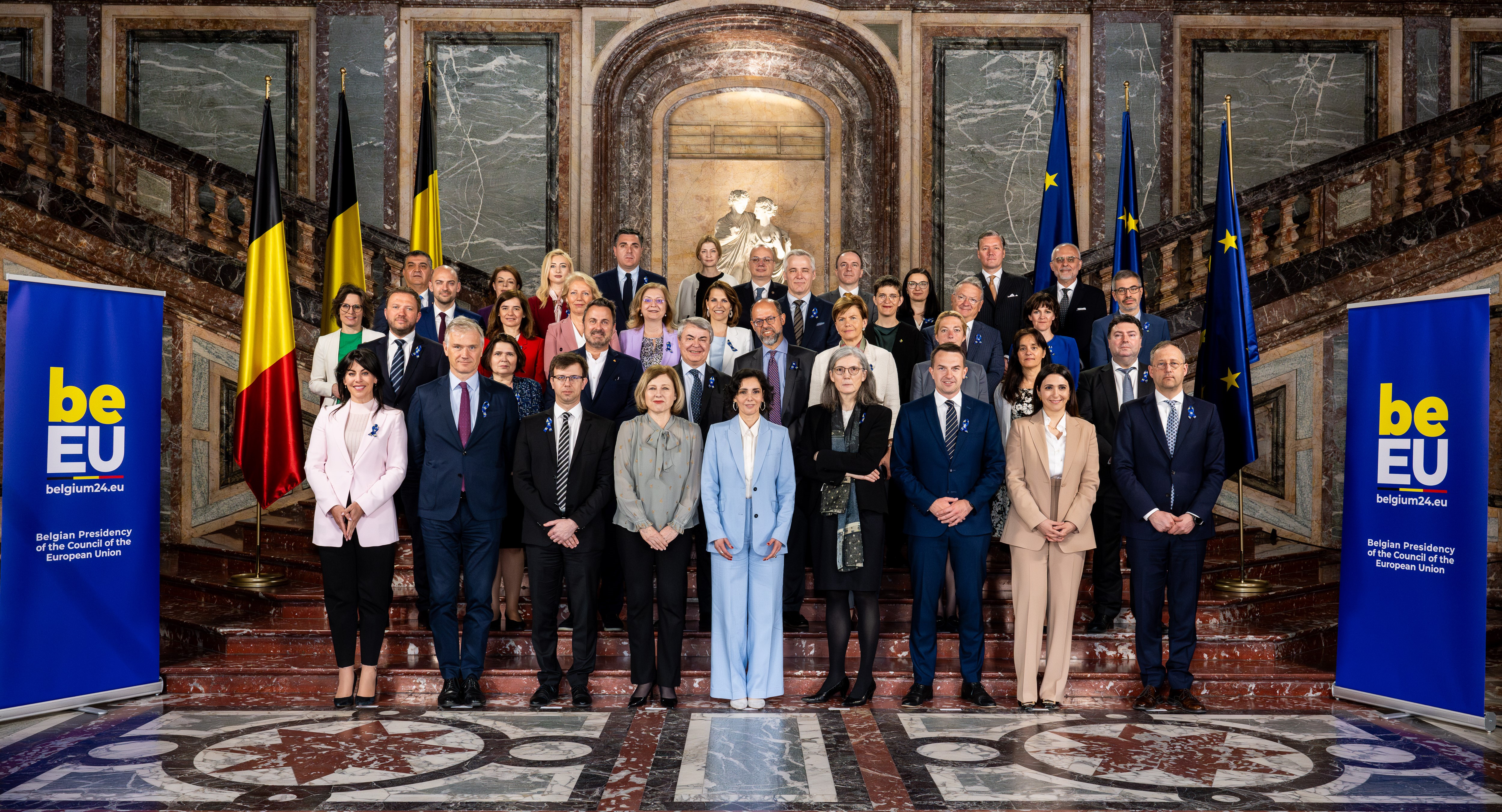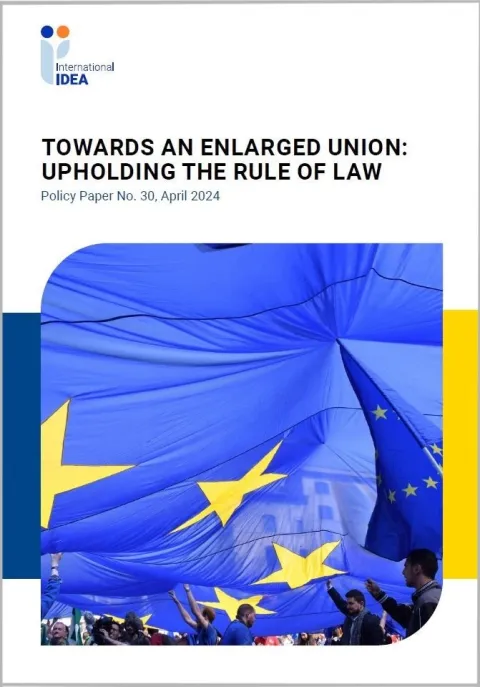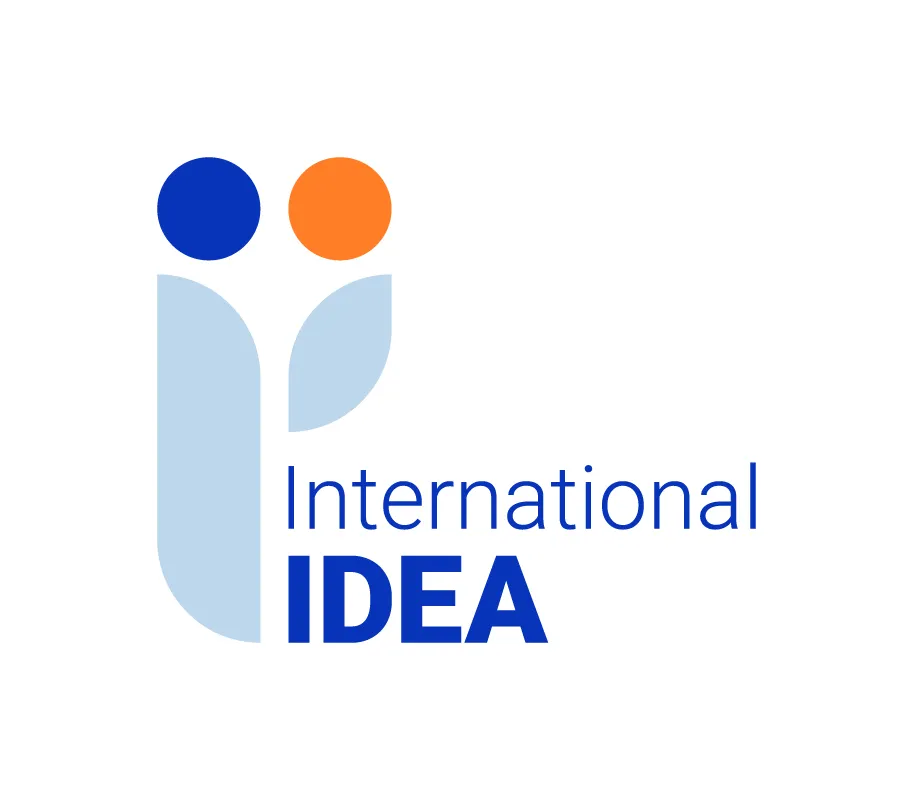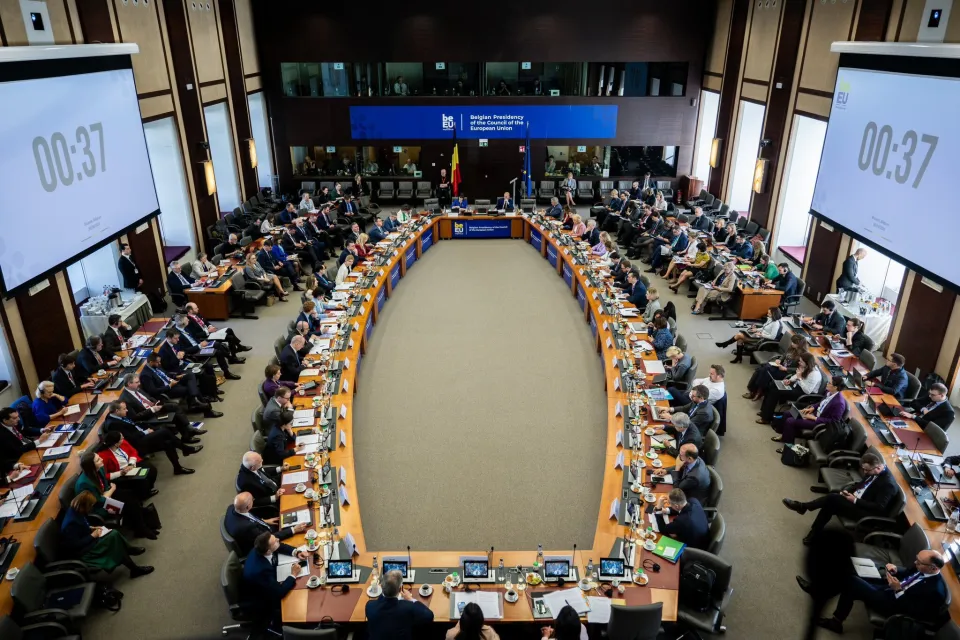Towards an enlarged union: Upholding the rule of law

It provides policy recommendations to advance the rule of law and democracy within the European Union (EU) and in its enlargement policy, ensuring this way that fundamental values remain at the core of an enlarged EU.
Recommendations
1. Optimize the EU’s rule of law and enlargement toolbox.
a. Make EPPO an essential pillar in protecting the EU’s financial interests
Enlargement countries
- Commit to join EPPO (European Public Prosecutor’s Office) and meet all criteria for full EPPO cooperation by the time of accession.
EU Member States
- If not yet participating, join EPPO as soon as possible.
b. Restore the impact of enlargement reports
European Commission
- Provide a qualitative and comprehensive analysis of the rule of law in enlargement countries.
EU institutions and EU Member States
- Team up to communicate the key highlights of the enlargement reports, partnering when relevant with local civil society organizations (CSOs) and independent media.
EU and enlargement countries
- Increase the number of peer review exercises and missions.
c. Further refine the EU enlargement policy
European Commission
- Detail the steps to activate the reversibility clause in the accession negotiations, possibly using the EU internal infringement procedure (article 258 TFEU) as a source of inspiration.
- Fully apply the Rule of Law Mechanism to candidate countries as soon as the negotiations are closed (before formal accession).
EU institutions and EU Member States
- Discontinue the customary use of unanimity for intermediate steps in the enlargement negotiations process, keep unanimity only to approve formal accession.
d. Strengthen and expand the scope of Rule of Law Mechanism and reports
EU institutions and EU Member States
- Expand the rule of law reports to new topics such as elections, disinformation, organized crime and implementation of the EU Charter of Fundamental Rights.
EU and candidate countries
- Operationalize the informal peer review exercises by organizing regular in-country missions.
- Open the rule of law review exercise to all candidate countries as soon as they open negotiations on Chapters 23 and 24.
2. Strengthen EU conditionality and funding on the rule of law.
a. Make the release of new funding to enlargement countries to be conditional on implementation of the latest rule of law acquis
European Commission
- Ensure that the new rule of law acquis is reflected in national reform agendas prepared by the governments of enlargement countries (Western Balkans Reform and Growth Facility; Ukraine Facility; negotiating frameworks for the new candidate countries).
b. Review the Common Provisions Regulation (CPR) to strengthen the enforcement of rule of law and democracy standards ahead of the next Multi-annual Financial Framework
European Commission
- Strengthen the applicability of enabling horizontal conditions, namely the compliance with the EU Charter of Fundamental Rights and its rule of law and democracy elements in the CPR to improve Member States’ accountability in the management of EU funds.
- Provide sufficient resources and staff to properly monitor compliance with the CPR.
- Consider expanding the monitoring support role of the EU’s Fundamental Rights Agency for the CPR.
c. Introduce suspensive financial conditionality in the directive on the fight against fraud to the Union’s financial interests
EU institutions
- Propose and approve the amendment on suspensive financial conditionality to Directive 2017/1371 (EU 2017).
d. Ensure sufficient rule of law resources in the next Multi-annual Financial Framework
EU institutions and EU Member States
3. Adapt the EU’s institutional set-up responsible for the rule of law.
a. Strengthen the presence of enlargement countries in relevant EU forums
Enlargement countries
- Join or strengthen presence in relevant EU agencies (EUROJUST, EUROPOL, FRA, EIGE, ENISA).
- Participate in relevant networks (European Cooperation Network on Elections).
EU institutions
- Map the existing participation of enlargement countries in EU agencies and networks, identify opportunities for scaling up their presence and dedicate necessary resources.
- Devise an appropriate procedure to embed observer MEPs from the candidate countries as soon as the accession negotiations are closed.
b. Launch an annual forum on the rule of law and enlargement
EU institutions and enlargement countries
- Convene every year a forum where all EU and enlargement countries’ rule of law actors meet to develop a common understanding of, and systemic cooperation on, rule of law. The invitation should also extend to other relevant partners such as the Council of Europe and the OECD.
c. Bring the rule of law higher up the EU agenda
Council of the EU
- Beyond general exchanges in General Affairs Council, initiate regular and substantive rule of law discussions related to the competence covered in other Council formations (e.g., JHA; ECOFIN; FAC).
European Commission (2024–2029)
- Create an executive Vice-President for rule of law and democracy heading DG JUST and coordinating the rule of law work of relevant line-Directorate-General (e.g. ECFIN, EMPL, DIGIT, NEAR, REFORM, REGIO).
- Set up a new Directorate-General for enlargement dealing solely with enlargement countries and having rule of law as a transversal priority.
d. Introduce an automatic transition on voting rights about rule of law matters in the Council
Candidate countries
- Accept accession to the EU without a right of veto on rule of law matters.
EU Member States
- Commit to automatically transition to Qualified Majority Voting on rule of law matters by a given date.
4. Support civil society as an essential actor in monitoring and upholding the rule of law.
a. Facilitate the participation of civil society organizations in the EU accession negotiations
EU and candidate countries
- Deepen meaningful triangular dialogues by further empowering CSOs’ participation in the negotiations process.
EU delegations
- Maintain a more systematic dialogue with the local civil society on rule of law.
- Ensure oversight of the proper and fair inclusion of CSOs in the accession negotiations’ working groups.
EU institutions and EU Member States
- Systematically consult CSOs prior to conducting high-level missions in enlargement countries.
b. Guarantee adequate funding for CSOs active on rule of law matters
EU institutions
- Enhance funding for capacity building of CSOs active on rule of law matters in enlargement countries.
- Train CSOs in enlargement countries on securing EU financial interests.
- Provide long-term support to CSOs beyond accession to maintain and consolidate adequate capacities and expertise.
5. Broaden and specify the scope of EU competence on the rule of law.
a. Use the EU legislative arsenal to further promote rule of law
European Commission
- Introduce rule of law impact assessments with each new legislative proposal.
- Expand the hard law on rule of law related issues (such as elections) based on article 114 TFEU.
b. Design accession treaties and revise EU Treaties to strengthen and specify further rule of law commitments
EU and candidate countries
- Embed a principle of cooperation between national courts and the Court of Justice of the EU (CJEU) in accession treaties.
EU Member States and candidate countries
- Include the principle of non-regression in article 2 TEU or into the accession treaties.
- Make explicit the values mentioned in article 2 TEU, including by recognizing that article 10 TEU gives concrete expression to the value of democracy.
- Introduce an explicit link between respect for the rule of law and access to the internal market.
c. Clarify the primary law on rule of law
Court of Justice of the EU and EU Member States
Featured image credit: © Belgian Presidency of the Council of the European Union / Julien Nizet from Flickr.com
Contacts



More information
Our funding and other types of contributions come from our Member States and other financial partners. Become our partner and learn more about how we can jointly undertake actions in Value for Partnership.



